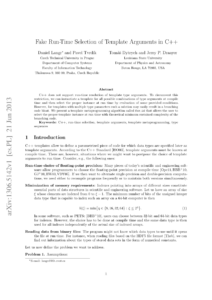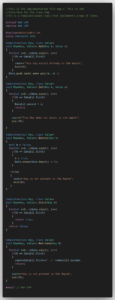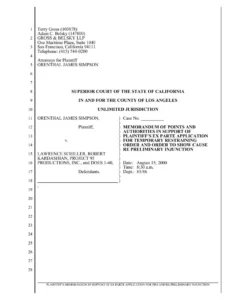When working with templates in C++, you may encounter a compiler error message that reads “template argument required for.” This error occurs when the compiler attempts to instantiate a template but does not have the necessary information to do so because the template arguments were not provided.
Templates are a powerful feature in C++ that allow you to create generic code that can be used with different data types and operations. However, they can also be a source of errors if you do not understand how to use them properly.
Understanding Template Arguments
Template arguments are the types and values that are used to specify the specific requirements of a template. When you create a template, you define the generic parameters that will be replaced with the actual arguments when the template is instantiated.
The syntax for a template argument is as follows:
templateclass MyClass { // ... }; int main() { MyClass obj; // ... } In this example, the template parameter
Tis replaced with the argumentintwhen the template is instantiated. This means that the classMyClasswill be created with the specific typeint.Template arguments can be of any type, including primitive types, user-defined types, and even other templates. You can also provide multiple template arguments, each separated by a comma.
Reasons for "Template Argument Required For" Error
The "template argument required for" error occurs when the compiler does not have enough information to instantiate a template. This can happen for several reasons:
- You did not provide any template arguments.
- The template arguments you provided are not valid.
- The template arguments do not match the requirements of the template.
To fix this error, you need to provide the correct template arguments when you instantiate the template. You can do this by explicitly specifying the template arguments in the template declaration, or by passing them as arguments to the template function or class.
Conclusion
The "template argument required for" error is a common error that can occur when working with templates in C++. By understanding the concept of template arguments and the reasons for this error, you can avoid it and write correct and efficient code.
Remember to always specify the correct template arguments when you instantiate a template, and make sure that the arguments match the requirements of the template.


